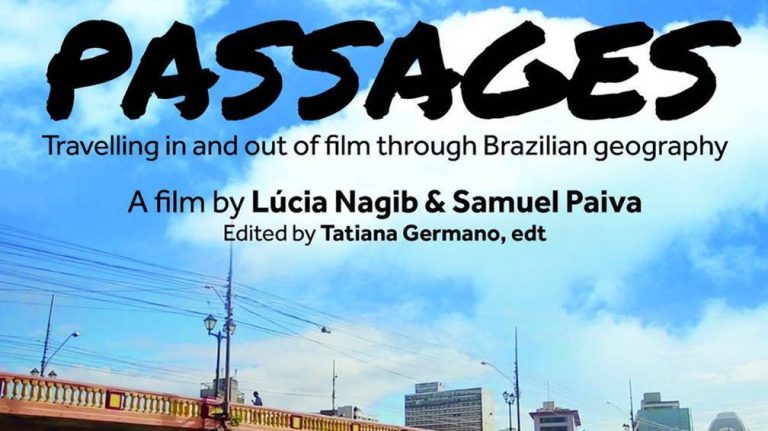In the early 1990s, Brazilian film production had effectively shut down. Just a few years later it had recovered to become the burgeoning industry it is today. Professor Lúcia Nagib’s work on the history of Brazilian cinema rediscovers and retells the story of the political struggles and artistic conquests of this national industry.
Using a pioneering, inclusive and democratic ‘intermedial’ approach – the combination of multiple arts and media with film – Professor Lúcia Nagib’s IntermIdia project has influenced the programming of international cultural institutions and individual creative practices. Rediscovering the past and present of Brazilian cinema has prompted leading practitioners to engage with intermediality as a window to a country’s social reality, inspiring new understanding of how cinema relates to other art forms and helping bridge the divide between the film industry and academia.
Building on Nagib’s previous research and drawing for the first time on intermediality as a historiographic method, the project has identified and analysed the rich, but often neglected contribution made by these other art and media, including theatre, music, literature, visual arts, radio and television, to some of the most creative moments in Brazil’s film history. Significantly, it has demonstrated that the intermedial method can offer a more inclusive way of conveying the history of a national cinema.
The research programme engaged with two intermedial phenomena in particular. The first is the Tropicália movement, widely known in music and visual arts, but whose cinematic outputs between the 1960s and 1980s had remained unfairly neglected. The research, including a substantial catalogue edited by Stefan Solomon, culminated in a Tropicália film season at Tate Modern, resonating powerfully with artists, filmmakers and programmers alike.
The second phenomenon refers to the films from the Brazilian Film Revival from the 1990s onwards, addressed in the feature-length documentary film Passages, directed by Nagib and Samuel Paiva. By interweaving cinematic film footage and interviews with internationally acclaimed practitioners from across the Brazilian film industry, Passages demonstrates how intermedial devices can function as a ‘passage’ to the country’s political and social reality. The film was shown at some of the most prestigious international film festivals and won the prize of Best International Documentary at the Los Angeles Brazilian Film Festival in 2020.
Passages and the Tropicália Season have influenced public and commercial programming worldwide and enabled those involved in the Brazilian film industry to reflect on their own creative practice and engagement with intermedial methods. It has brought together academia, the film community and the general public and provided a new narrative of Brazilian cinema’s multifaceted history .
Find out more
IntermIdia was a collaborative project between the Department of Film, Theatre & Television at the University of Reading and the Centro de Educação e Ciências Humanas, Universidade Federal de São Carlos. Other partners included Tate Modern; Reading Film Theatre; Cinemateca Brasileira. It was funded by the Arts and Humanities Research Council (AHRC) and the São Paulo Research Foundation (FAPESP) from 2015 to 2019.
Towards an Intermedial History of Brazilian Cinema – Intermldia Project website
Film professor wins international award for documentary on Brazilian cinema (press release, Nov 2020)
View the full impact case study on the REF 2021 website: Brazilian Film History and Intermediality: Inspiring Audiences, Artists and Cultural Institutions to reconnect the arts, media and film

